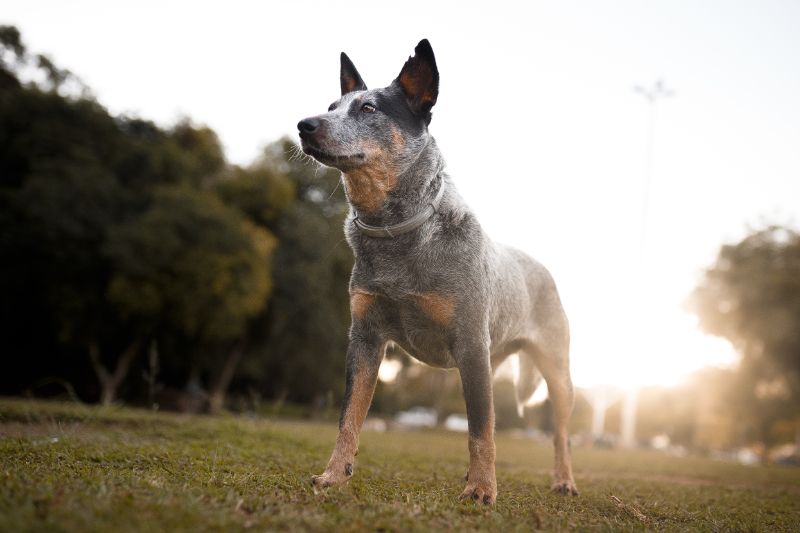Turning Back the Clock: How Senior Pet Wellness Can Keep Your Pet Healthy

The effects of age can be noticeable for anyone, including our best fur friends. There are certain changes that take place in pets that can set them up for disease and conditions that impede their normal life.
Thankfully, our pets are living longer than ever before! We have come a long way in preventative veterinary care, advancements in surgery and treatment, and a growing awareness of the importance of nutrition and exercise in the lives of our pets.
The team at The Whole Pet Vet Hospital and Wellness Center wants to emphasize how advantageous senior pet wellness care is to your four-legged friend, and what it is all about. Let’s take a closer look.
When Is a Pet Considered a Senior?
Many pet owners wonder if their furry ones are considered “old”. This is a common question we get asked at our clinic, but one that doesn’t have an exact answer. This is because aging in pets occurs at a different rate based on species and size of the pet.
Most large breed dogs who live up to 8-12 years are considered senior by 6-7 years of age. Cats often live up to 17 years or older, and aren’t considered to be seniors until they are over 9 years of age. Small dog breeds with a lifespan of 17-20 years, on average, are elderly when they reach 9 or 10 years, similar to cats.
Other important factors are your pet’s overall health and lifestyle. Quality nutrition, daily exercise, behavioral enrichment and keeping your pet at a healthy weight are all key components of longevity and well-being.
The Senior Pet Wellness Examination
Veterinary care is integral to the health of all animals, no matter what their age. However, there are many changes that take place in a pet’s physiology and maturity that can lead to disease and other medical concerns.
Common diseases that affect the elderly pet are heart disease, cognition problems, arthritis, diabetes, cancer, thyroid disease, kidney and liver disease. Regular wellness exams and early detection are critical, with a goal of disease prevention and/or minimizing the progression of any illness.
The senior wellness exam includes:
- Comprehensive physical exam
- Dental health checkup
- Hearing and vision assessment
- Vaccinations and parasite control adjusted to age and health
- Life stage specific blood tests
- Supplements and medication checks
- Advice about diet, exercise, and weight maintenance
- Behavior consult
- Parasite screening
These are general guidelines. As always, the physical exam and discussion of medical tests or treatments will be based on the individual needs of your pet.
Changes in Senior Pet Behavior
One important thing to know about senior fur friends is that behavior may change as they age. Any changes in their personality or behavior warrants an examination. This is because these changes can signal neurological or other underlying medical issues, including cognitive changes, organ function changes or pain-related symptoms.
The myth of the “grumpy old pet” is simply not true. Age is not a disease! Older pets can continue to stay in good mental health as long as they aren’t experiencing pain or changes in cognition, which can result in increased fear, anxiety or depression without proper diagnosis and treatment.
Please mention any behavior changes to our team, so we can address the issue and help support your pet’s mental and physical health and well-being.
If you would like additional information about maintaining optimal health for your animal companion, please contact us to schedule a physical exam or consult. We are all in this together!
